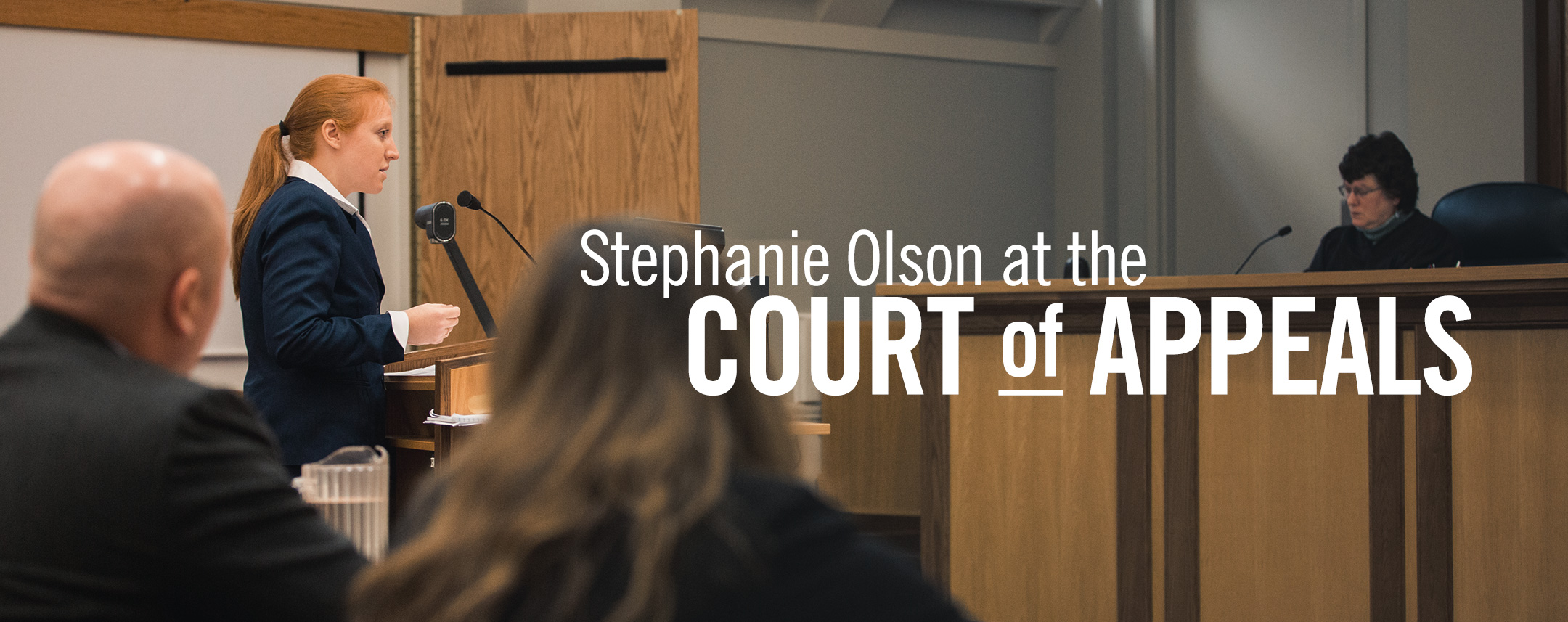TACOMA, Wash. – SEIU 775 came a step closer to exhausting its last legal maneuvers on Tuesday as an appellate judge in Tacoma heard the union once more try to explain why it would be disastrous if the Freedom Foundation were permitted to tell its members the truth about their constitutional rights.
The case involves the Freedom Foundation’s attempts for more than a year to obtain the contracting schedules used by the Washington Department of Social and Health Services when the agency sets up meetings between SEIU 775 and newly certified home healthcare providers represented by the union.
The Freedom Foundation requested the schedules – which were undisputedly public records – in January 2016 in the hopes of sending canvassers to the location of the state offices where the meetings occurred to inform the caregivers of their rights under a 2014 U.S. Supreme Court decision to decline to pay union dues or representation fees.
The union, knowing that potentially thousands of caregivers might opt out of union membership and dues payments upon learning that they had the right to do so, filed suit against both the Freedom Foundation and DSHS last March claiming the state would be committing an unfair labor practice by disclosing public contracting schedules to the Freedom Foundation.
“Their argument is that it would interfere with the existing relationship between the members and the union,” said Stephanie Olson, Freedom Foundation litigation counsel.
“Quite frankly, their argument is meritless,” she said.
A Superior Court judge rejected SEIU 775’s arguments and ruled in the Freedom Foundation’s favor last spring. On Tuesday, the union raised the same losing arguments at the appeals court level.
According to Olson, the Freedom Foundation’s defense rests on three key questions:
- Do the state’s collective bargaining laws permit an exception to the Public Records Act?
“Absolutely not,” Olson said. “There are strict requirements that statutes have to meet to exempt the disclosure of public records. The collective bargaining statutes fail to meet those requirements on every level.” - And even if the collective bargaining laws did exempt public records, would simply disclosing the dates and times of public meetings interfere with anyone’s rights?
- And lastly, how exactly is it coercive for the Freedom Foundation to tell people about their constitutional rights?
“We’re actually correcting a union problem,” Olson said. “The Foundation’s mission is to inform workers of their constitutional rights—information the union repeatedly refuses to share with its bargaining unit.”
As the workers’ representative, SEIU 775 should be the ones telling caregivers what their rights are, she noted, including their right to opt out of union membership.
“It doesn’t hurt anyone to tell them the truth,” Olson said, “but it could hurt them to keep the truth from them.”
Olson said she fully expects the appeals court to mirror the lower court’s decision, although it could take several months. Because the Freedom Foundation won at the trial court level, it’s seeking that the trial court’s ruling be affirmed, and that the contracting schedules are not exempt from disclosure.
“The unions think it benefits them to simply delay this as long as possible,” Olson said. “But they’re wrong.”
“For one thing, it’s costing them a fortune to keep their members in the dark,” she said. “But even more importantly, how does it look to the members? Eventually they have to ask themselves, ‘What is it the union doesn’t want me to know? Why are they going to this much trouble trying to keep me from hearing the truth?’ “












